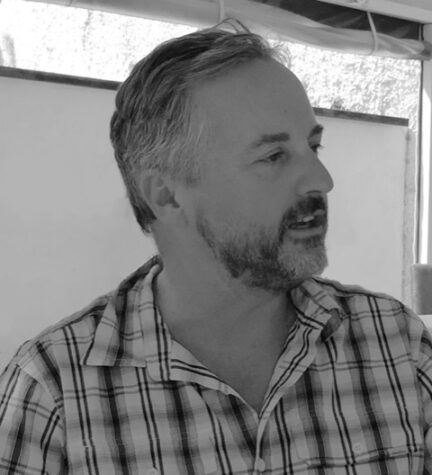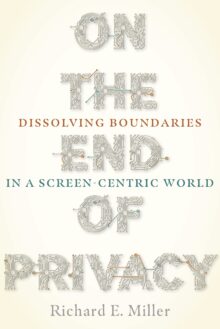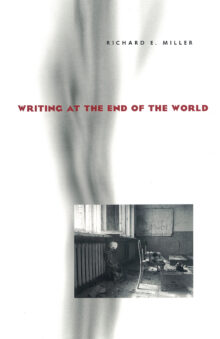
Richard E. Miller
Richard E. Miller is a professor in the English department at Rutgers University.
On the End of Privacy
Dissolving Boundaries in a Screen-Centric World
In preparation for this book, and to better understand our screen-based, digital world, Miller only accessed information online for seven years.
On the End of Privacy explores how literacy is transformed by online technology that lets us instantly publish anything that we can see or hear. Miller examines the 2010 suicide of Tyler Clementi, a young college student who jumped off the George Washington Bridge after he discovered that his roommate spied on him via webcam. With access to the text messages, tweets, and chatroom posts of those directly involved in this tragedy, Miller asks: why did no one intervene to stop the spying? Searching for an answer to that question leads Miller to online porn sites, the invention of Facebook, the court-martial of Chelsea Manning, the contents of Hillary Clinton’s email server, Anthony Weiner’s sexted images, Chatroulette, and more as he maps out the changing norms governing privacy in the digital age.
Writing at the End of the World
What do the humanities have to offer in the twenty-first century? Are there compelling reasons to go on teaching the literate arts when the schools themselves have become battlefields? Does it make sense to go on writing when the world itself is overrun with books that no one reads? In these simultaneously personal and erudite reflections on the future of higher education, Richard E. Miller moves from the headlines to the classroom, focusing in on how teachers and students alike confront the existential challenge of making life meaningful. In meditating on the violent events that now dominate our daily lives—school shootings, suicide bombings, terrorist attacks, contemporary warfare—Miller prompts a reconsideration of the role that institutions of higher education play in shaping our daily experiences, and asks us to reimagine the humanities as centrally important to the maintenance of a compassionate, secular society. By concentrating on those moments when individuals and institutions meet and violence results, Writing at the End of the World provides the framework that students and teachers require to engage in the work of building a better future.


